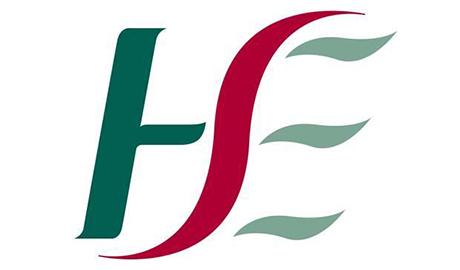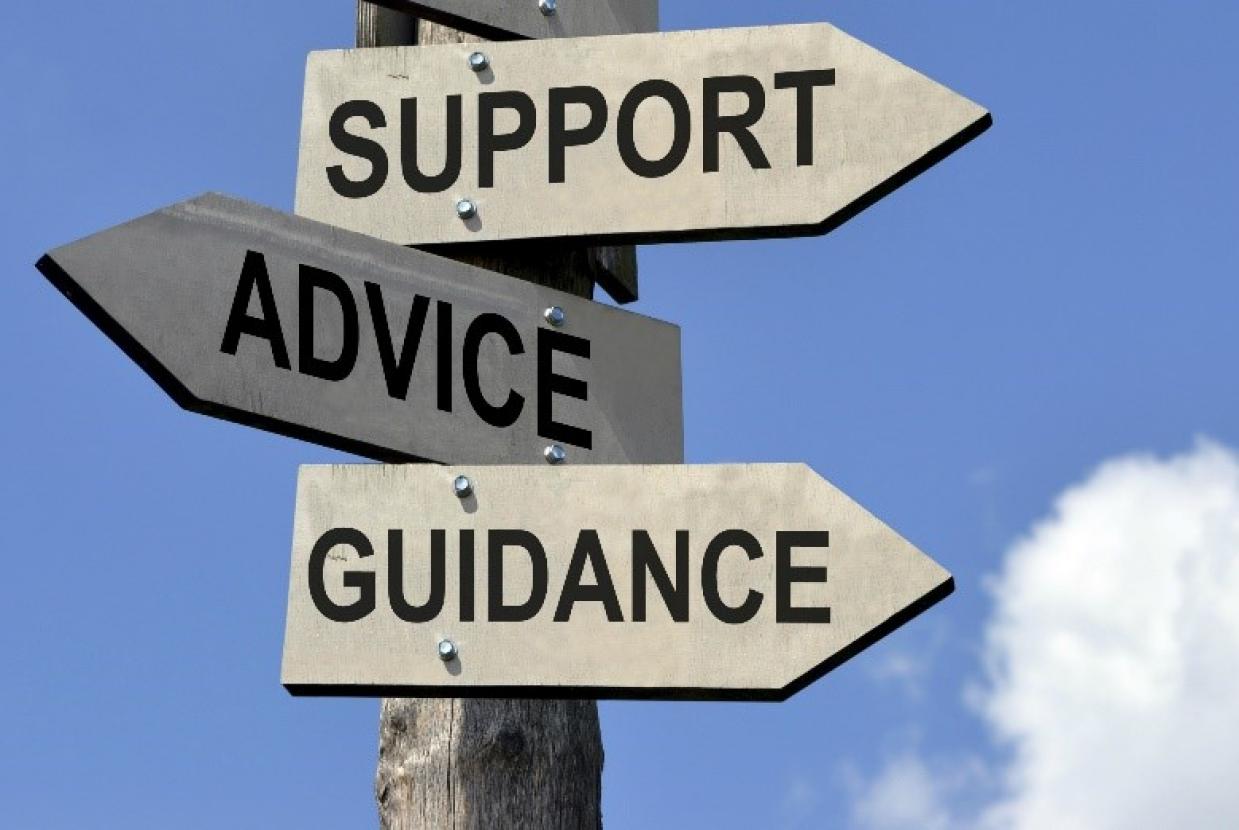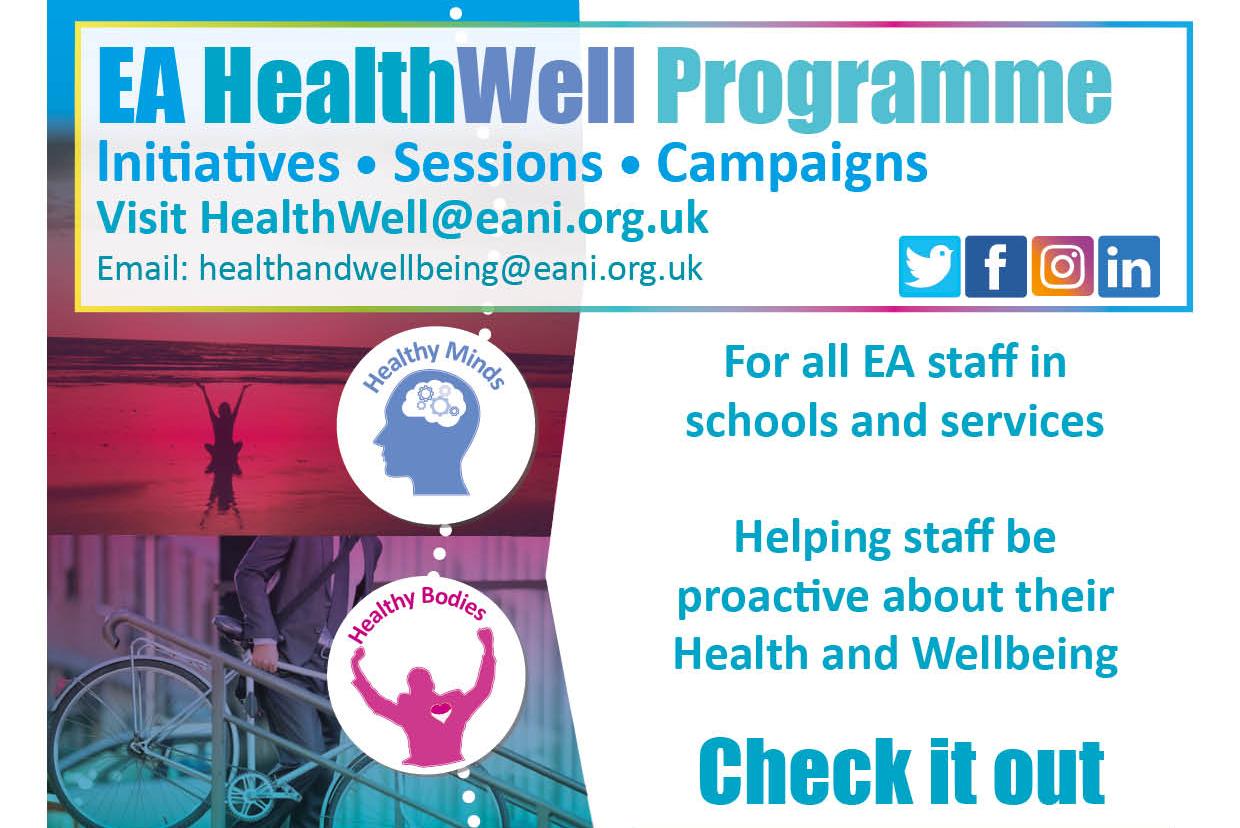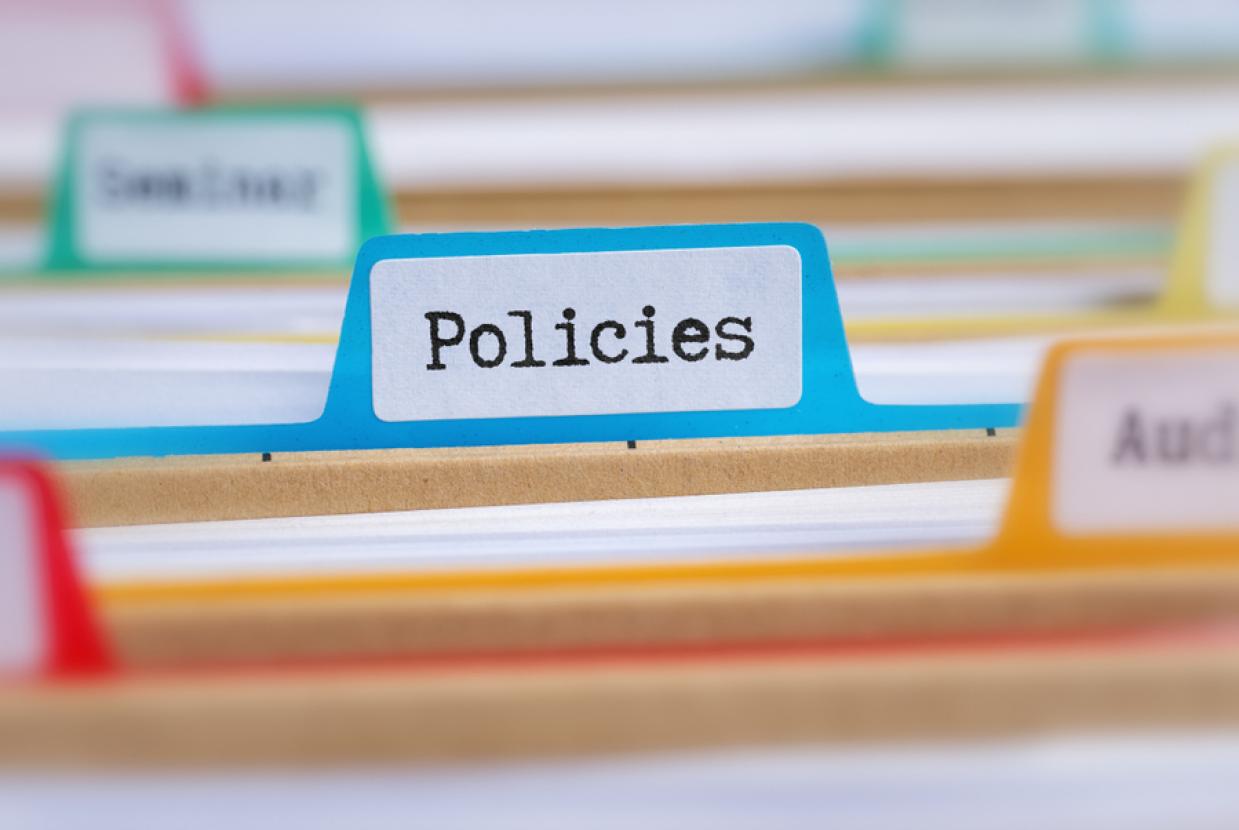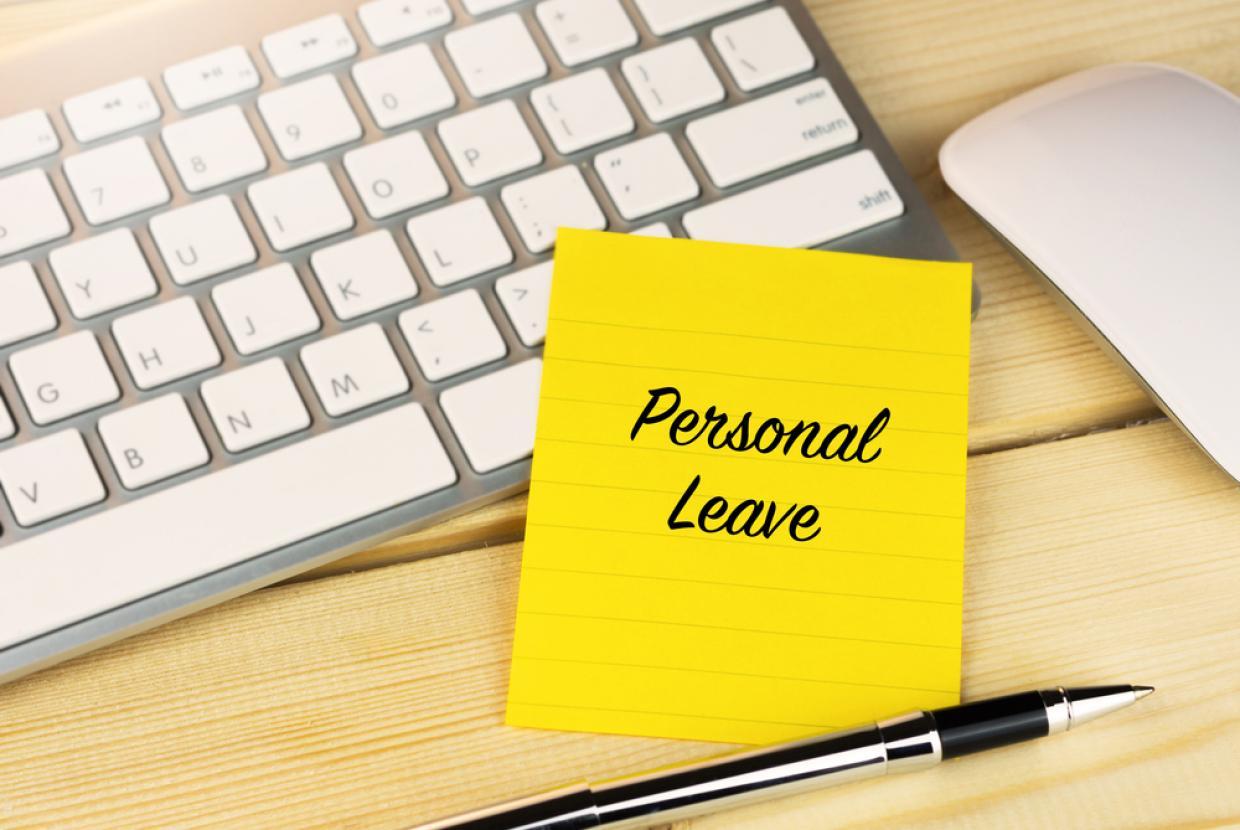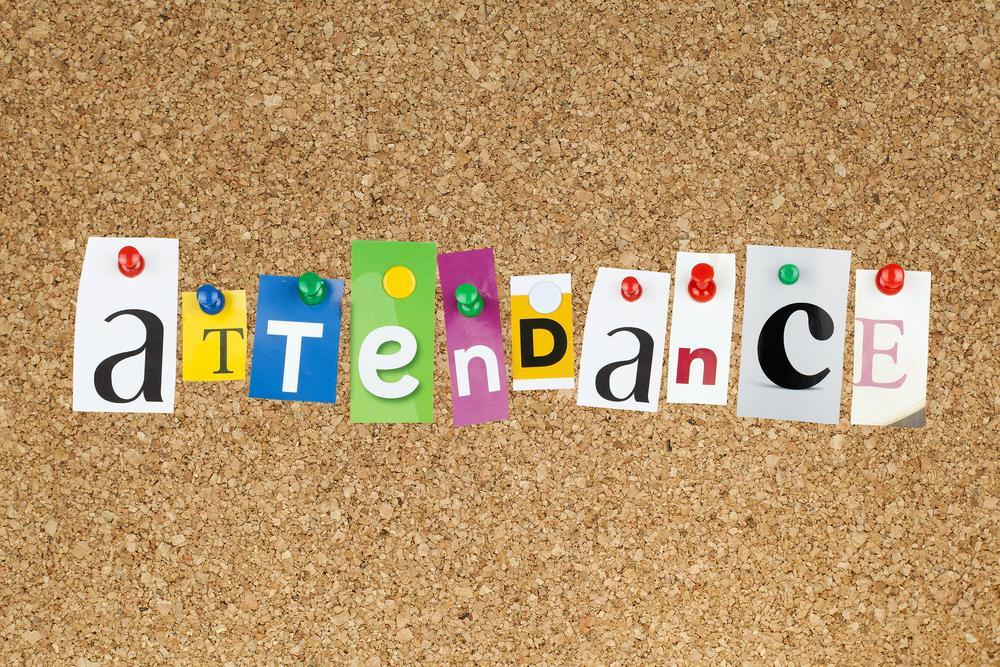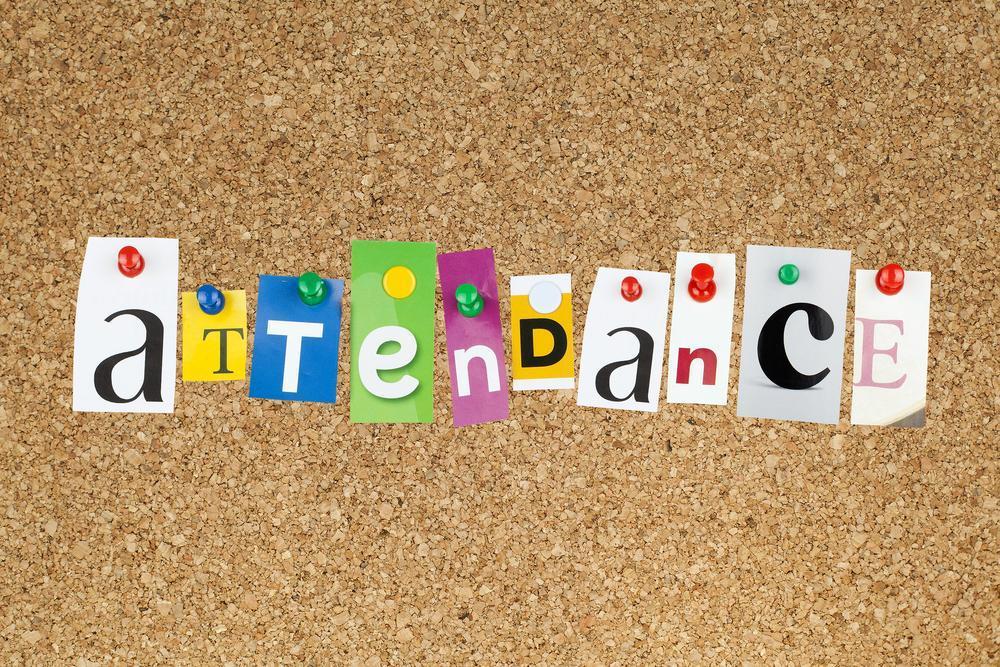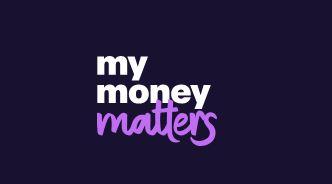Dealing With Bullying At Work
Bullying in the workplace is common. It can be hard to identify and even harder to know how to deal with it. When slagging or teasing is part of a work environment it can be hard to tell when comments are no longer playful. No one should feel intimidated or threatened at work.
Types of bullying at work
Bullying at work often takes the form of psychological or social intimidation, like:
- verbal abuse, insulting you or your work
- excluding or isolating you from people or situations
- psychological harassment (playing mind games, ganging up on you)
- giving you pointless tasks that have nothing to do with your job
- giving you impossible jobs that can't be done
- changing your work roster to make it difficult for you
- holding back information you need to get your work done
More obvious forms of bullying include physical bullying such as:
- pushing, tripping, grabbing or any other type of direct physical contact
- attacking or threatening behaviour
- any form of sexual harassment, such as flashing or groping
- initiation or hazing (where you're made to do humiliating things to be accepted)
These behaviours are illegal - you should talk to someone and get help. It is also illegal for a bully to punish you for reporting the behaviour. This is called victimisation.
How bullying affects your work
Bullying can have a negative effect on your work performance and wellbeing. You might:
- be less productive
- be less confident in your work
- feel scared, stressed, anxious or depressed
- have your life outside of work affected
- want to stay away from work
- feel unable to trust your employer or the people you work with
- lack confidence and self-esteem in yourself and your work
- have physical symptoms of stress such as headaches, backaches, sleep problems
Your rights in the workplace
Everyone has a right to work in an environment free from harassment of any kind. Employers and employees have a duty by law to provide a safe and healthy work environment. Disagreement and conflict are normal at work. Intimidation and aggression are not normal at work.
What you can do
Find and read your workplace policy on bullying. Some organisations have officers who can be contacted to talk about the issue. Speak to your manager if you can. Your manager should offer help. If the situation is serious contact your Human Resources department.



